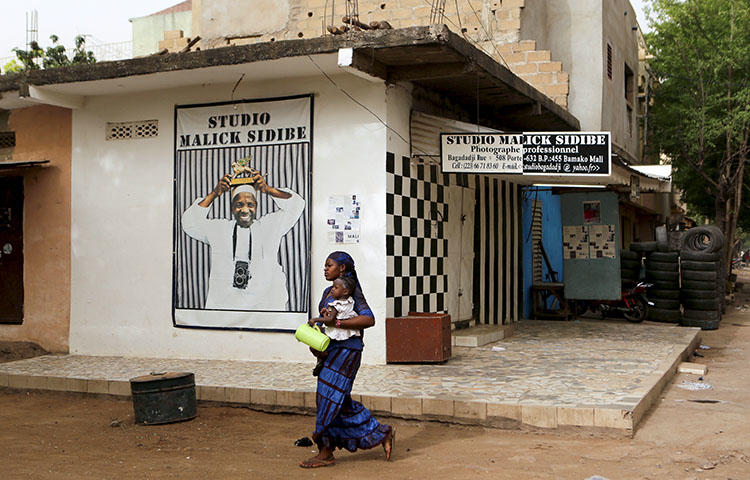Malian police on February 22, 2018, arrested three journalists from the privately owned MaliActu news website, and seized equipment from the news website’s office in the capital, Bamako, according to Sega Diarrah, the outlet’s Paris-based owner, and local media reports. Officers did not have a warrant, according to reports.
Police held the journalists– Salif Diarra, Aliou Hasseye, and Issa Coulibaly–in Bamako following a complaint of alleged blackmail lodged by Amadou Kallossi, the mayor of Koumaniana, a town 1,660 km (1030 miles) north of Bamako, Sega Diarrah said.
Two days after their arrest, police released Hasseye and Coulibaly without charge, according to a report by Malizine, a privately owned news website. Police released Salif Diarra on February 26 on condition that he report to the prosecutor’s office every Friday pending the conclusion of the investigation, the journalist told CPJ.
According to local media reports, the mayor received several threatening messages from the news website’s phone number. The reports said that the hackers apparently used the news outlet’s phone number to send the messages.
Salif Diarra and Hasseye told CPJ on March 5, 2018 that they did not blackmail the mayor. Coulibaly told CPJ he did not want to talk about the alleged blackmail case.
Sega Diarrah told CPJ that Kallossi confirmed to him that he lodged a blackmail complaint with police, but denied that the complaint was about MaliActu or the website’s reporters.
The mayor did not respond to CPJ’s repeated calls and text messages.
Hasseye said March 5 that police had not yet returned the seized equipment, which included three computers, three cell phones, and a camera, despite a formal request from the journalists’ lawyer.
The journalists said that on the first night of their detention they had to sleep on the floor of a cell shared with 10 other detainees until police made a mat available for them.
CPJ was unable to contact the judicial police chief on his cell phone or work contact number, despite several attempts.
